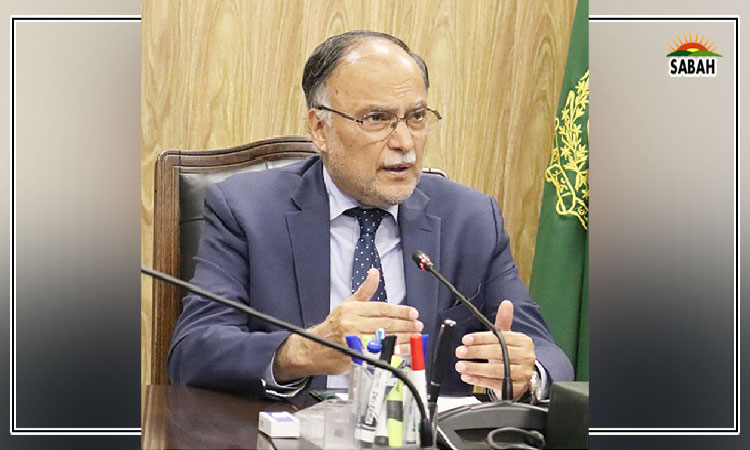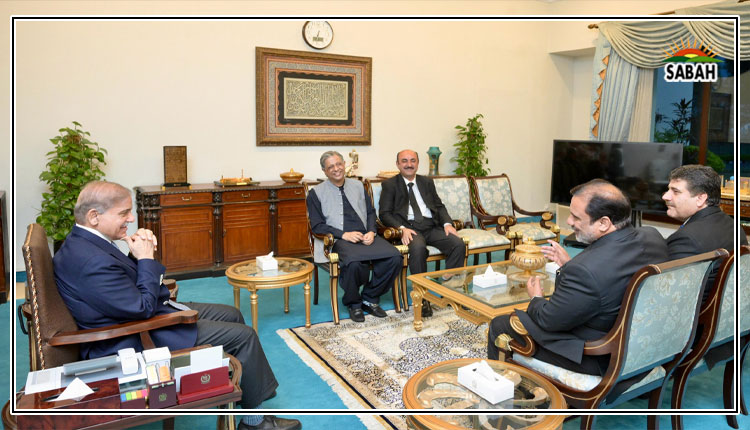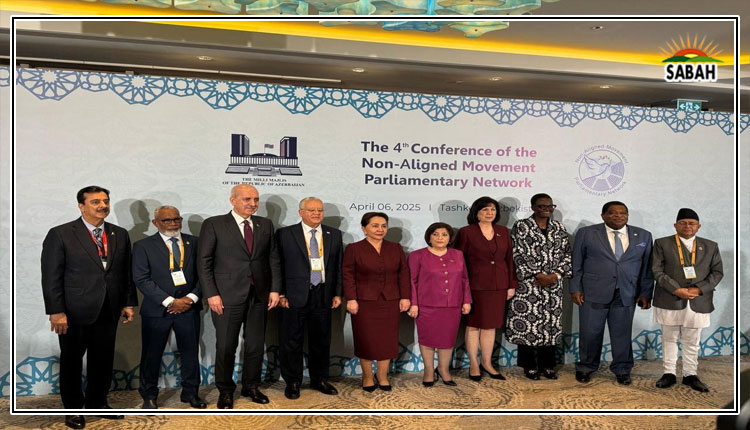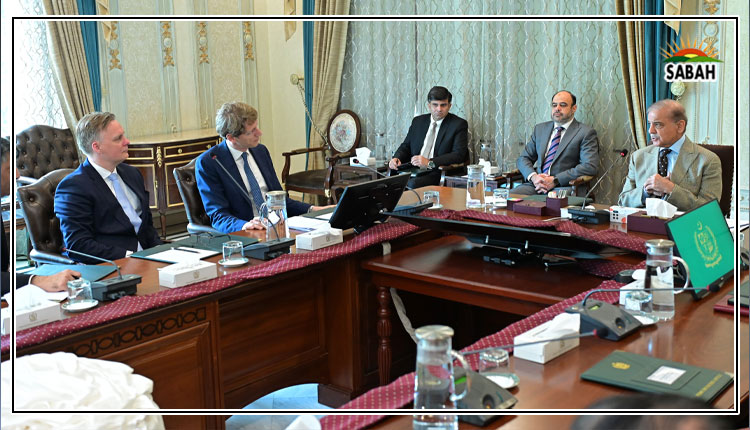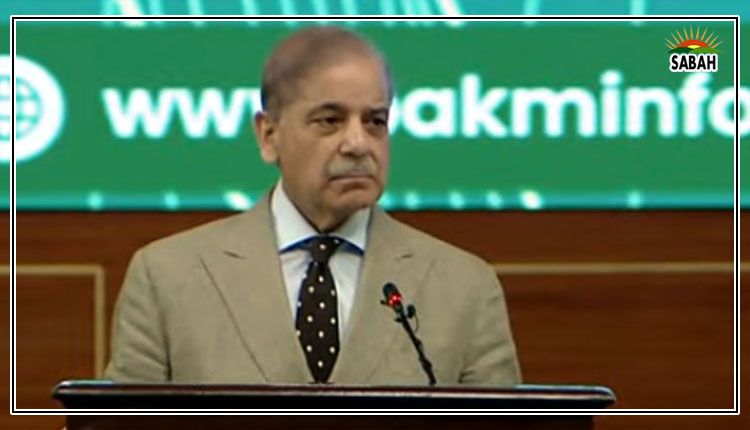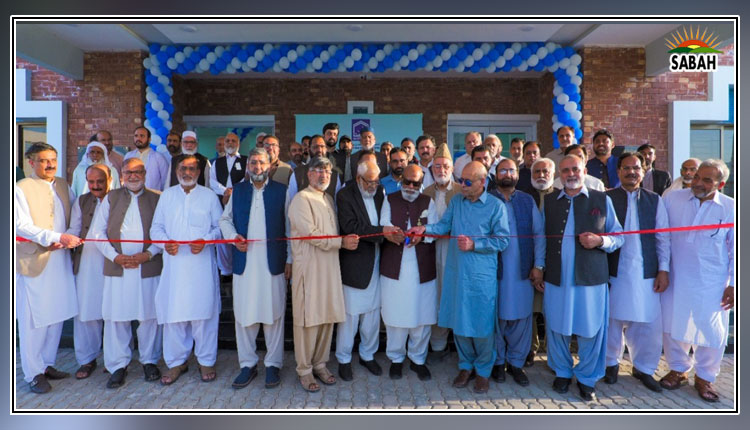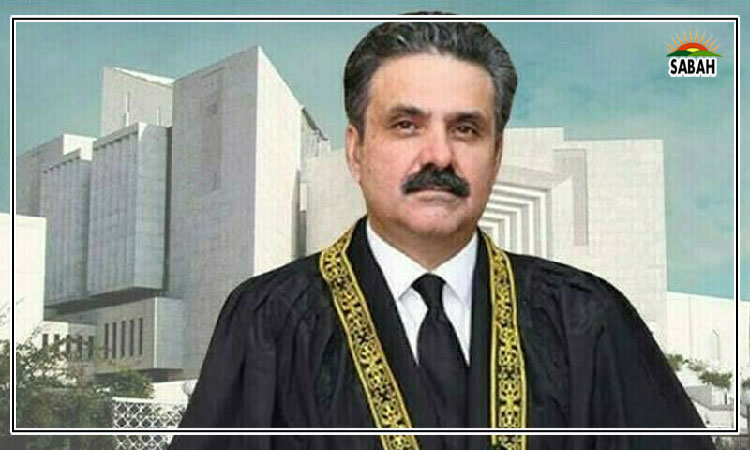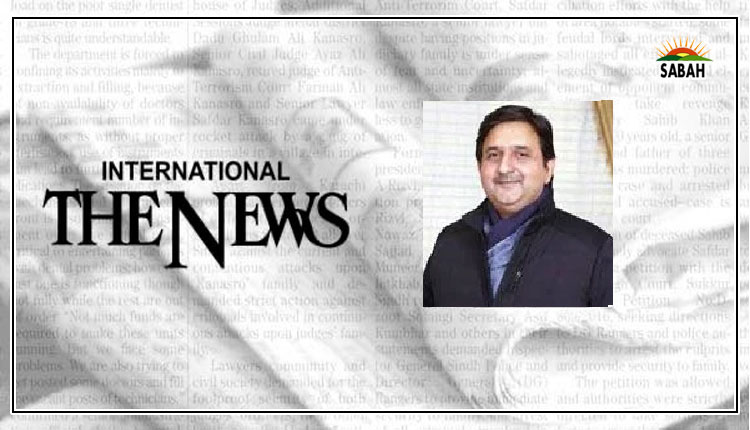An inclusive assembly …. Malik Muhammad Ahmad Khan
Around the world, strong parliaments form the foundation of effective democracies and are the cornerstone of good governance. As the provincial assembly of Punjab embarks on a new chapter in its legislative history, we have embraced a comprehensive set of reforms aimed at transforming our assembly into a model of inclusivity, transparency, and accountability.
These reforms are not only a significant achievement in modernizing our parliamentary procedures but also a bold expression of our vision for a more inclusive and democratic Punjab. As speaker, my goal is to ensure that the assembly plays its proper role in promoting good governance, where the voices of the people are heard, their concerns addressed, and their government held accountable.
In response to a long-standing demand from both the government and the opposition, and with the unwavering support of Chief Minister Maryam Nawaz Sharif, we initiated a historic revision of the Punjab Assembly’s Rules of Procedure. These amendments bring the Punjab Assembly in line with the best practices of the National Assembly and Senate, where parliamentary rules have evolved to reflect efficiency, transparency, and inclusiveness. The mandate given by the assembly in April 2024 empowered us to modernize our legislative framework, ensuring that Punjab plays its role in strengthening Pakistan’s parliamentary democracy.
At the heart of these reforms is the recognition that our committees – the backbone of parliamentary oversight – must be empowered to hold the government accountable. By devolving the powers of the speaker and granting committees greater independence, we have aligned ourselves with global parliamentary standards. This shift enhances the assembly’s responsiveness, allowing committees to address matters of public importance directly, without bureaucratic delays.
A key pillar of these reforms is the enhancement of women’s representation within the legislative process. Recognizing the critical role women play in governance, we have made it mandatory for every Standing Committee to include at least two women members. This ensures that women’s voices are heard across all sectors of government, shaping policies that affect the entire province. We have also established a bipartisan Women’s Parliamentary Caucus, a move that strengthens the platform for women’s participation in lawmaking.
Furthermore, the formation of a Parliamentary Minority Caucus – the first of its kind in any legislative house in Pakistan – demonstrates our commitment to ensuring that all voices, regardless of background, are represented.
The empowerment of Punjab Assembly committees stands as a cornerstone of these reforms. We have expanded the membership of Standing Committees from 11 to 15, allowing for broader representation and deeper engagement. Committees are now empowered to address matters of public importance independently, without seeking the prior approval of the Speaker. This not only enhances their autonomy but also ensures timely and effective oversight of government actions.
The committees have also been authorized to hold open sittings, invite expert testimony, and engage in public hearings – innovations designed to bring greater transparency to the legislative process.
The Law Reforms and Delegated Legislation Committee has been restructured to systematically review the implementation of the 18th Amendment and its implications for provincial autonomy and governance. The committee’s expanded mandate includes conducting Post-Legislative Scrutiny (PLS), ensuring that laws are not only implemented effectively but also updated to reflect contemporary governance challenges. This scrutiny will pay special attention to cross-cutting issues such as gender equality and minority rights, ensuring that Punjab’s legal frameworks are inclusive and just.
A transparent parliament is key to a functioning democracy. To this end, we have introduced several measures to enhance the transparency of the Punjab Assembly’s workings. Audio and video recordings of all proceedings will now be broadcast live and uploaded online, giving citizens full access to the legislative process. Reports on bills, including dissenting notes, will also be published in the official gazette, inviting public feedback and engagement.
These steps are designed to ensure that the people of Punjab can hold their representatives accountable, fostering trust between the electorate and their government.
The Punjab Assembly’s sovereignty, particularly in lawmaking and budgetary oversight, has been significantly strengthened. Under the new rules, ordinances laid before the House must be accompanied by a statement of objects and reasons, ensuring that executive decisions are fully transparent and subject to legislative scrutiny. Additionally, the Punjab Assembly will now conduct post-budget discussions on quarterly releases and the utilization of funds, following the example of the National Assembly’s robust budgetary oversight mechanisms.
By enhancing the assembly’s role in these critical areas, we are ensuring that public resources are managed responsibly, and that the government remains accountable for its actions.
As part of our effort to make the assembly more inclusive, we have removed the language barrier that previously restricted members to addressing the House in Urdu or English. Members can now speak in any language widely spoken in Punjab, including Punjabi, Saraiki, Potohari, and Mewati. This change reflects the rich cultural and linguistic diversity of our province and ensures that members can communicate more effectively with their constituents.
By embracing best parliamentary practices, enhancing transparency, and fostering inclusivity, we are building an assembly that is responsive to the needs of the people and accountable for its actions.
With these reforms, we are laying the foundation for a stronger, more inclusive democracy – one that serves the people of Punjab with integrity, transparency, and dedication. As speaker, I am committed to ensuring that the Punjab Assembly continues to promote good governance, uphold rule of law, and deliver on its mandate to represent the people effectively.
Together, we are shaping a future where the Punjab Assembly stands as a model of democratic governance, representing the voices of all its citizens and ensuring that their government works in their best interest.
The writer is the speaker of the
Punjab Assembly.
Courtesy The News


